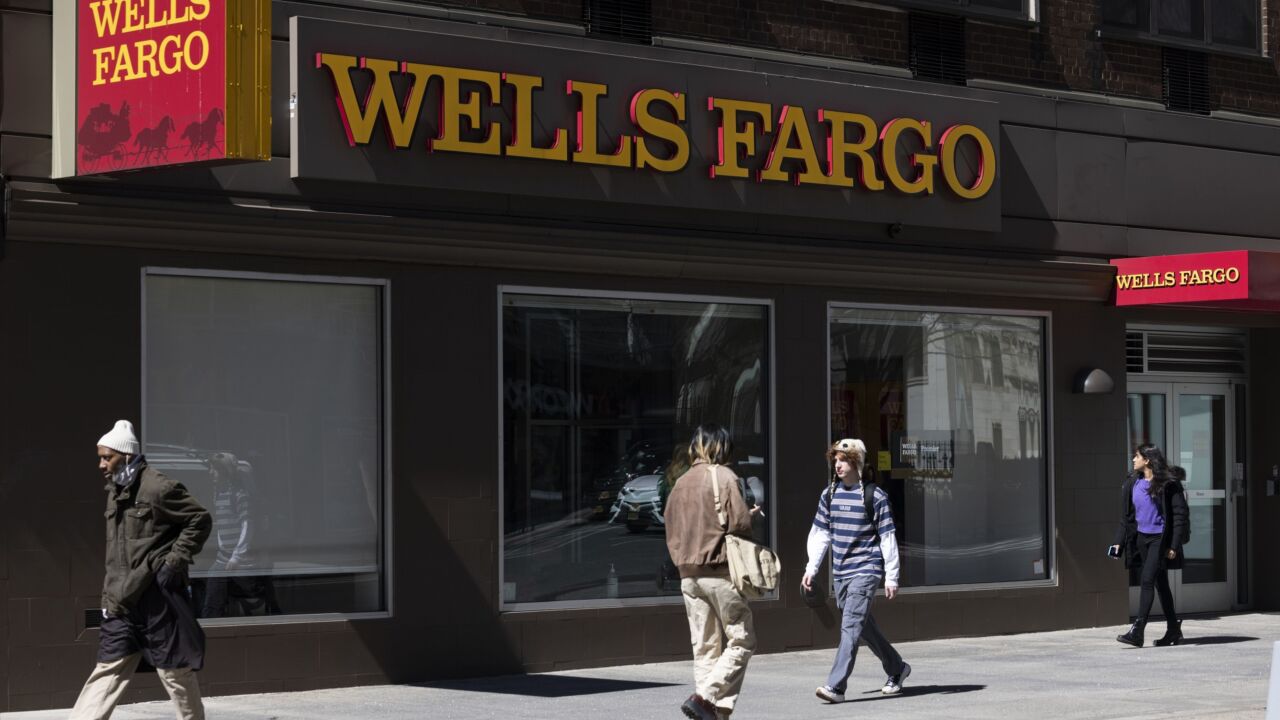-
The Federal Deposit Insurance Corp. and Consumer Financial Protection Bureau have launched "Money Smart for Older Adults" with tips on preventing identity theft and other common scams and how to prepare financially for life events.
June 12 -
The Consumer Financial Protection Bureau is adding to its efforts to protect vulnerable groups of consumers with a new study into elder financial abuse.
June 15
Banks can report suspected elder financial abuse to authorities without violating privacy provisions under the Gramm-Leach-Bliley Act, according to
Gramm-Leach-Bliley, also known as the Financial Services Modernization Act of 1999, generally requires financial institutions to notify customers before sharing nonpublic information with third parties and give them the option of opting out. The new guidance clarifies that employees are allowed to skip this step in order to report evidence of financial abuse, fraud and unauthorized transactions.
The clarification aims to encourage banks to act as a first line of defense against scams and other forms of financial exploitation targeting the elderly. "Recent studies suggest that financial exploitation is the most common form of elder abuse and that only a small fraction of incidents are reported," regulators said in a joint statement Tuesday. Possible signs of elder financial abuse include uncharacteristic attempts to wire large amounts of money, frequently withdrawing the maximum amount of money from automated teller machines, and closing certificates of deposit and other accounts without regard to penalties, according to the guidance.
"Employees of financial institutions may be able to spot irregular transactions, account activity, or behavior that signals financial abuse," regulators said in the release. "They can play a key role in preventing and detecting elder financial exploitation by reporting suspicious activities to the proper authorities."
The guidance was issued by the Board of Governors of the Federal Reserve System, Consumer Financial Protection Bureau, Federal Deposit Insurance Corp., Federal Trade Commission, National Credit Union Administration, Office of the Comptroller of the Currency, and the Securities and Exchange Commission.





